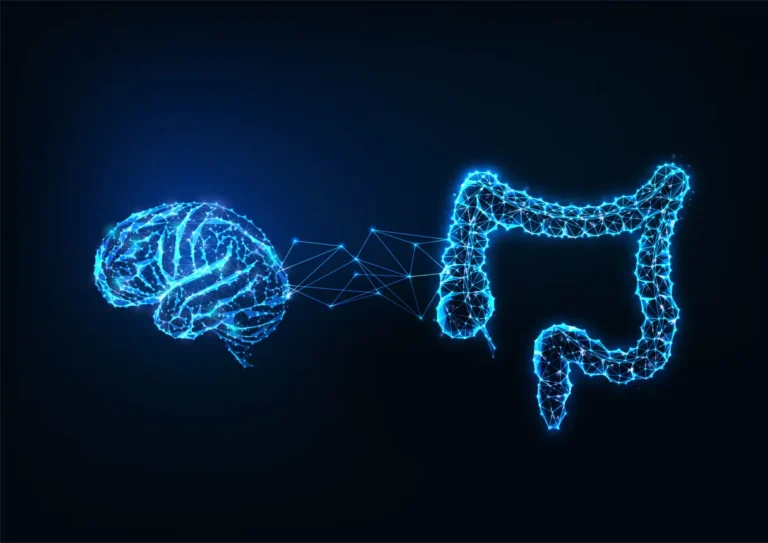Story at-a-Glance Sleep is not simply a period of rest but an active, highly organized process essential for brain development, learning, and memory consolidation, yet it's often overlooked when addressing learning challenges. Sleep architecture consists of distinct stages (N1, N2, N3, and REM), each serving specific functions for learning and cognitive development, from memory …
Supporting Brain Health
The Gut-Brain Connection: How Digestive Health Affects Learning and Behavior in Children
Story at-a-glance The gut-brain axis represents a powerful influence on children's cognitive function and behavior, offering crucial insights for those with learning, attention, and emotional regulation challenges. The digestive tract contains its own complex neural network—the enteric nervous system (ENS)—with over 500 million neurons, leading scientists to refer to the gut as a "second …
Nutritional Approaches to Supporting Children with ADHD, Dyslexia and Other Learning Differences
Story at-a-glance Nutrition plays a significant but often overlooked role in supporting children with ADHD, dyslexia, and other learning differences, serving as a valuable complement to traditional educational interventions. The brain consumes 20% of daily calories despite making up only 2% of body weight, requiring specific nutrients for optimal development and function. Children with …
Movement as Medicine: How Physical Activity Improves Learning, Focus and Cognitive Development
Story At-a-Glance Traditional education often separates the mind from the body, but neuroscience reveals an integrated relationship between movement and cognitive development. Physical activity directly stimulates neurogenesis, with exercise increasing Brain-Derived Neurotrophic Factor (BDNF)—what neuroscientist John Ratey calls "Miracle-Gro for the brain." Movement triggers the release of …
The Inflammation Factor: Understanding How Chronic Inflammation Affects Brain Development and Learning
Story at-a-glance Chronic inflammation—a persistent, low-grade inflammatory response lasting months or years—can profoundly affect brain development, cognitive function, and learning capacity in children. The relationship between inflammation and the brain is bidirectional and complex, involving the blood-brain barrier, microglial activation, neuroinflammation, and neurotransmitter …





